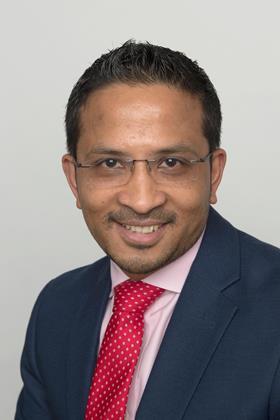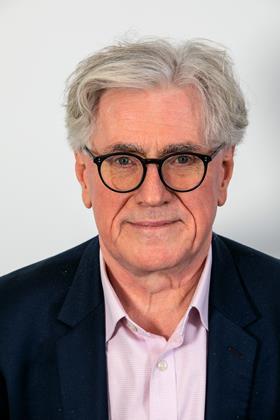In association with

An on-demand version of this webinar is available.
The NHS is facing a massive backlog of patients who need treatment. As it emerges from the worst winter crisis many can recall, when many trusts struggled to maintain elective work at all, it has more than 7 million people on the waiting list and average referral-to-treatment times are still increasing.
The NHS elective recovery plan has set a target of eliminating all waits of more than a year by March 2025, requiring the NHS to both treat those patients currently waiting for care and those who are referred to it in the coming months. This will create a “hump” of patients who will all need to be treated within the next two years. “Business as usual” is unlikely to be enough to deliver the 30 per cent increase in capacity which NHS England believes is needed.
This HSJ webinar, in association with 18 Week Support asked:
- Are the current measures the NHS is taking sufficient to achieve the goal of reducing waiting times to 52 weeks by March 2025? If not, how can the NHS make greater use of its own assets such as theatres to deliver the extra capacity which is needed?
- How can trusts work with partners to deliver much-needed extra capacity? What are some of the issues which need to be worked through to ensure maximum extra capacity can be delivered?
- What are the practical steps which trust leaders can take now to treat more patients within their own hospitals?
To access the recording, visit here and click play.
If you had previously registered as a viewer for the event, you will be able to view the recording immediately.
If you had not previously registered, you will be prompted to complete a form and then be sent information on how to access the recording.
Speakers

Charlie Chappatte, Director of strategy, 18 Week Support
Charlie Chappatte is the director of strategy at 18 Week Support. Charlie is an entrepreneur and business executive, who has experience launching digital businesses and disrupting large multinational health companies. He has worked across a wide range of geographies, challenging assumptions and is passionate about helping to build a healthcare system that’s fit for the future.

Pradip Karanjit, deputy chief operating officer, North West Anglia Foundation Trust
Pradip Karanjit currently works as deputy chief operating officer at Northwest Anglia FT, holds MBA in International Health Services Management with years of experience as a very senior manager in the NHS underpinning a proven record in operational management, clinical safety, performance, and financial governance. He brings significant operational, project/programme management, service redesign/improvement and change management experience and has a track record of successfully leading teams to deliver operational challenges, delivering programmes, and effective financial management.

Isabel Lawicka, head of policy and analysis, NHS Providers
Isabel Lawicka is head of policy and analysis at NHS Providers, the membership organisation for hospital, mental health, community and ambulance services that treat patients and service users in the NHS. She jointly leads a team of around 30 policy, public affairs and analysis professionals, focused on helping to shape the system in which trusts operate. Isabel oversees the organisation’s finance, workforce, ambulance and operational performance policy portfolios as well as its survey and analysis programme. Prior to joining NHS Providers, she worked for a leading health policy communications consultancy and held a number of patient advocacy and policy roles in London and Edinburgh.

Andrew Reed, chief executive, Royal College of Surgeons
Andrew Reed has over 35 years’ experience of healthcare management. After reading classics at Oxford University, he joined the NHS as a graduate management trainee, based mainly at Guy’s Hospital in London. He has worked in all sectors of NHS management and was a chief executive for 12 years, including at Bedford Hospital and Ipswich Hospital, and then held senior posts for NHS England covering East Anglia and the West Midlands. Andrew was appointed chief executive of the Royal College of Surgeons in September 2015. He has a strong personal commitment to patient safety and has had a career-long interest in promoting the role of doctors in management.

Claire Read, chair, HSJ
Claire Read is a professional writer and editor who has specialised in healthcare throughout her 20-year career. She has been a regular contributor to HSJ since 2012 and has a particular interest in healthcare digitisation and technology.






















